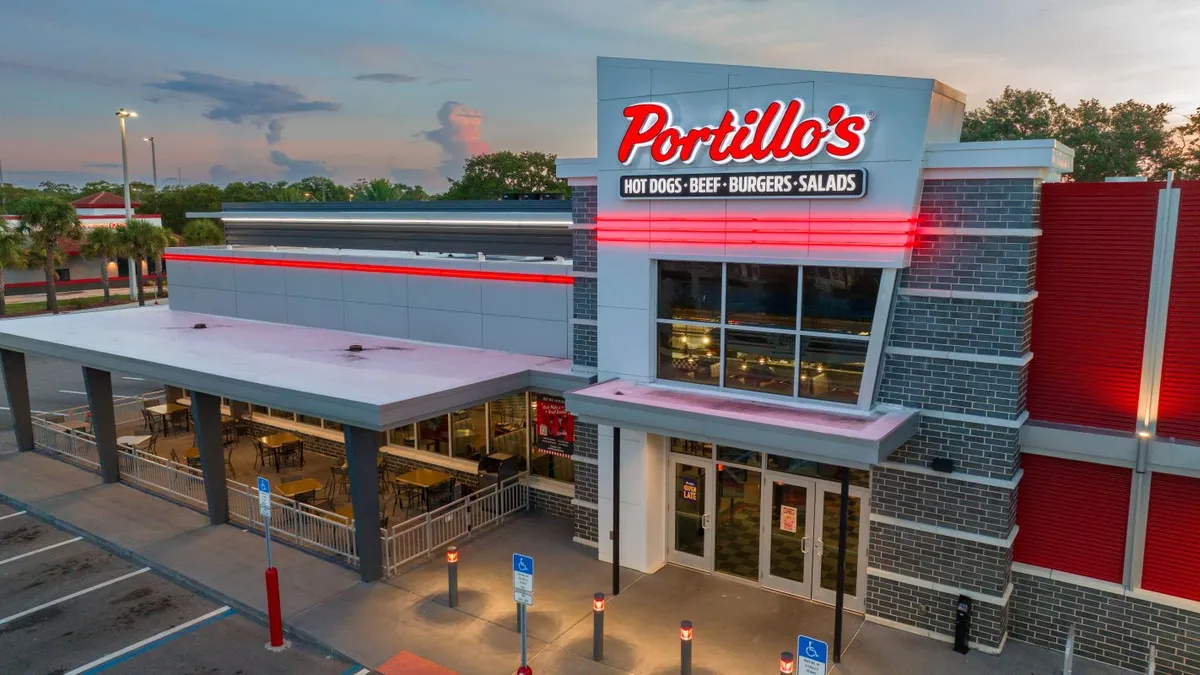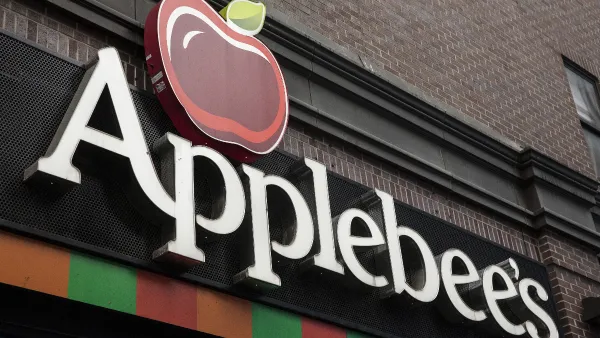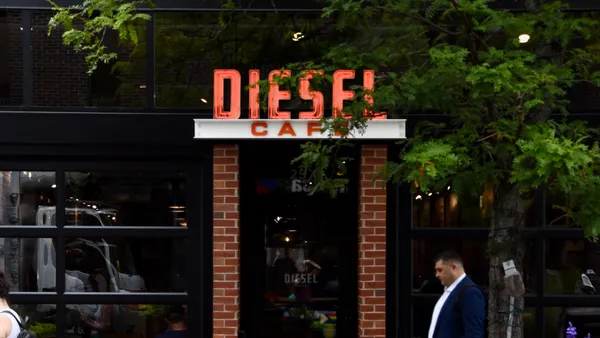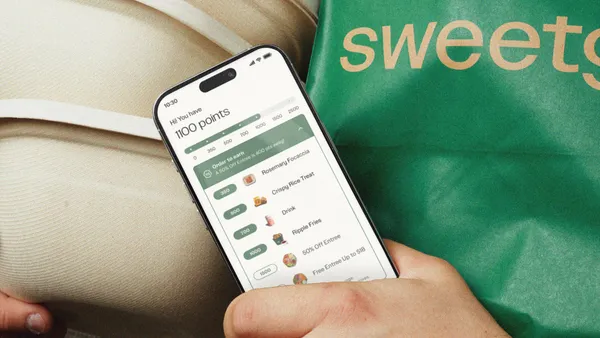During the third quarter, Portillo’s, Papa Johns, Popeyes and Burger King all saw their comparable sales decline.
For some of these brands, the lackluster sales results stem in part from their much-publicized discounts falling flat amid a sea of competitive deals.
Burger King, which saw a sales lift last year from its $3 Royal Crispy Chicken Wraps, has struggled this year to stand out with its Fiery menu, and other summer promotions. The offers had trouble cutting “through all the value messages in the market,” Restaurant Brands International CEO Joshua Kobza said during a November earnings call.
Sister brand Popeyes also met with stiff competition last quarter. Kobza said the chain didn’t offer the types of promotions needed to attract consumers, though late in it added a three-piece chicken offer for $5 and a $6 Big Box that has helped drive traffic and sales improvements.
Companies whose deals have fallen flat so far are honing those deals and trying to develop the secret sauce for value pricing. Papa Johns, for one, plans to refresh its Papa Pairings, a $6 mix-and-match deal, in future quarters as part of its value strategy.
Interest in affordable meals is unlikely to wane. According to Captify data emailed to Restaurant Dive, searches related to “high cost of fast food” and “why has fast food become so expensive” are up 8% so far this year. Searches for value pricing were up 56% year-over-year in 2023 and have held relatively steady since. Food away from home prices are still rising, and were up 3.8% year-over-year in October, according to the Bureau of Labor Statistics.
But not all brands want to partake in the value messaging.
While Portillo’s comp sales were “challenged by this rampant discounting,” the brand doesn’t want to enter the value wars, CEO Michael Osanloo said during an earnings call.
“I don’t want to get into the discounting business,” Osanloo said. “I don’t want a value menu.”
Osanloo said many brands are engaging in pricing wars for the benefit of short-term sales, but Portillo’s is more focused on protecting its margins, preserving cash and staying disciplined.
“We know who we are and we won’t compromise our brand by going on sale or compromising on quality," Osanloo said. “Our strategy is rooted in long-term successes, not quick fixes.”
Portillo’s invested in advertising in Chicagoland, which typically drives traffic. However, “the noise of the restaurant price wars” in addition to the election cycle reduced the impact of this campaign, he said. That resulted in less incrementality than it saw in Q4 2023, Osanloo said. Given the current environment, Portillo’s expects full-year comps to be negative 1%.
The chain is working on a loyalty program, which could help boost its value proposition, and expects to share details early next year, Osanloo said.
First Watch, which posted Q3 same-sales declines of 1.9%, also doesn’t typically attract a customer looking for value, and has seen customers look elsewhere for discounts. The chain doesn’t plan any deep discounting, and will instead use customer data to make its messaging “smarter and more targeted,” CEO Chris Tomasso said during a November earnings call.
“We're really looking for our target demographic who is also perhaps trying some of our competitors,” Tomasso said. “We’d like to get one more of those occasions, and we're going to leverage our core brand strengths to do that and make sure that we … increase the messaging and have the messaging be more relevant.”














